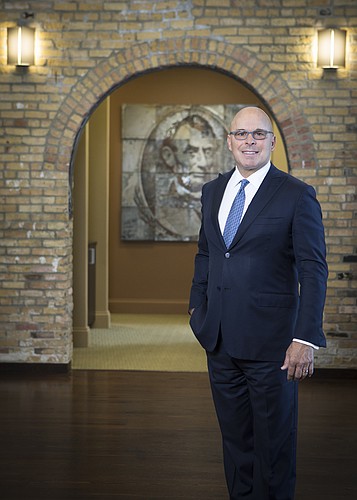- December 18, 2025
-
-
Loading

Loading

Since the acquisition of Clearwater-based USAmeriBank in 2018, Florida, and particularly the Tampa Bay region, has become a market of critical importance for Wayne, New Jersey-based Valley Bank. So much so that Joe Chillura, the former USAmeriBank CEO based in Tampa, was recently promoted to senior vice president and head of commercial banking for the entire organization.